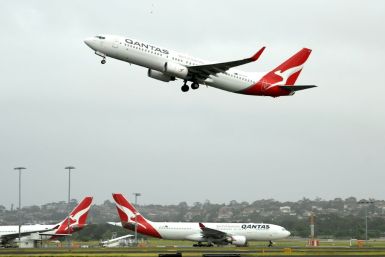Australian food council warns of a dwindling grocery manufacturing sector
Basing on trend recorded for the past five years, all manufactured food and grocery items being sold in Australia may soon be sourced from abroad and push local processors and manufacturers out of business if such developments were not reversed.
This according to the report released on Thursday by the Australian Food and Grocery Council, which found that the sector is now running in deficits of up to $2 billion following the surplus of $4.5 billion it posted in 2005.
Council chief executive Kate Carnell said that rising costs, the strengthening Aussie dollar, government intervention, the long dry spell and utility issues all conspired in bringing about the negative turnaround.
Ms Carnell said that the burgeoning problem could eventually lead to a loss of up to 300,000 Australian jobs if the food and grocery all sum up to a point where the majority of products sitting on store shelves would come in from overseas.
She told ABC that most Australians were not aware of the alarming situation as she stressed that "I don't think Australians really understand what we're facing at the moment."
The federal government, however, downplayed the grave scenario as Industry Minister Kim Carr shot down the Council's contention that the food and grocery sector may have to farm out most of its activities to survive the deficit.
Senator Carr explained that wrongly interpreting the figures could lead to unnecessary alarm for the Australian public, adding that Ms Carnell may be playing the role of an alarmist for now.
On his part, National Senator Barnaby Joyce said that government's restrictions on water and land use were pushing the food and grocery manufacturing sector to the brink as farmers were left with less production due to the dwindling availability of land and water.
On the other hand, Senator Joyce added that once the Australian dollar goes down, families may find it hard to meet their grocery needs as items founding their way on shopping carts would cost much higher in such event.






